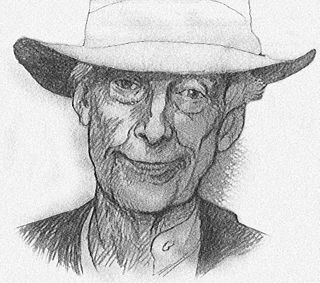A Quote by David Eagleman
The same stimuli in the world can be inducing very different experiences internally and it's probably based on a single change in a gene. What I am doing is pulling the gene forward and imaging and doing behavioural tests to understand what that difference is and how reality can be constructed so differently.


































